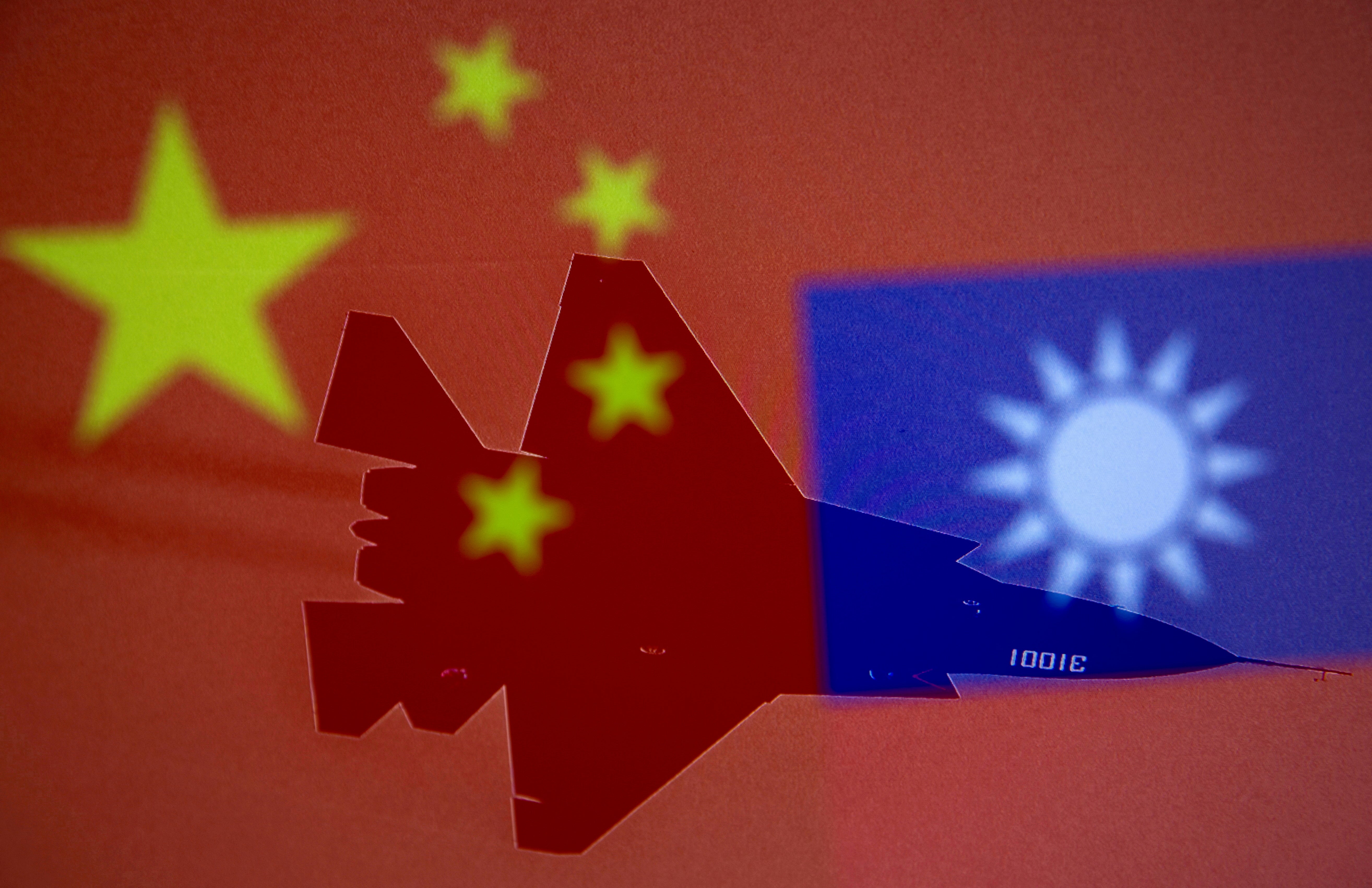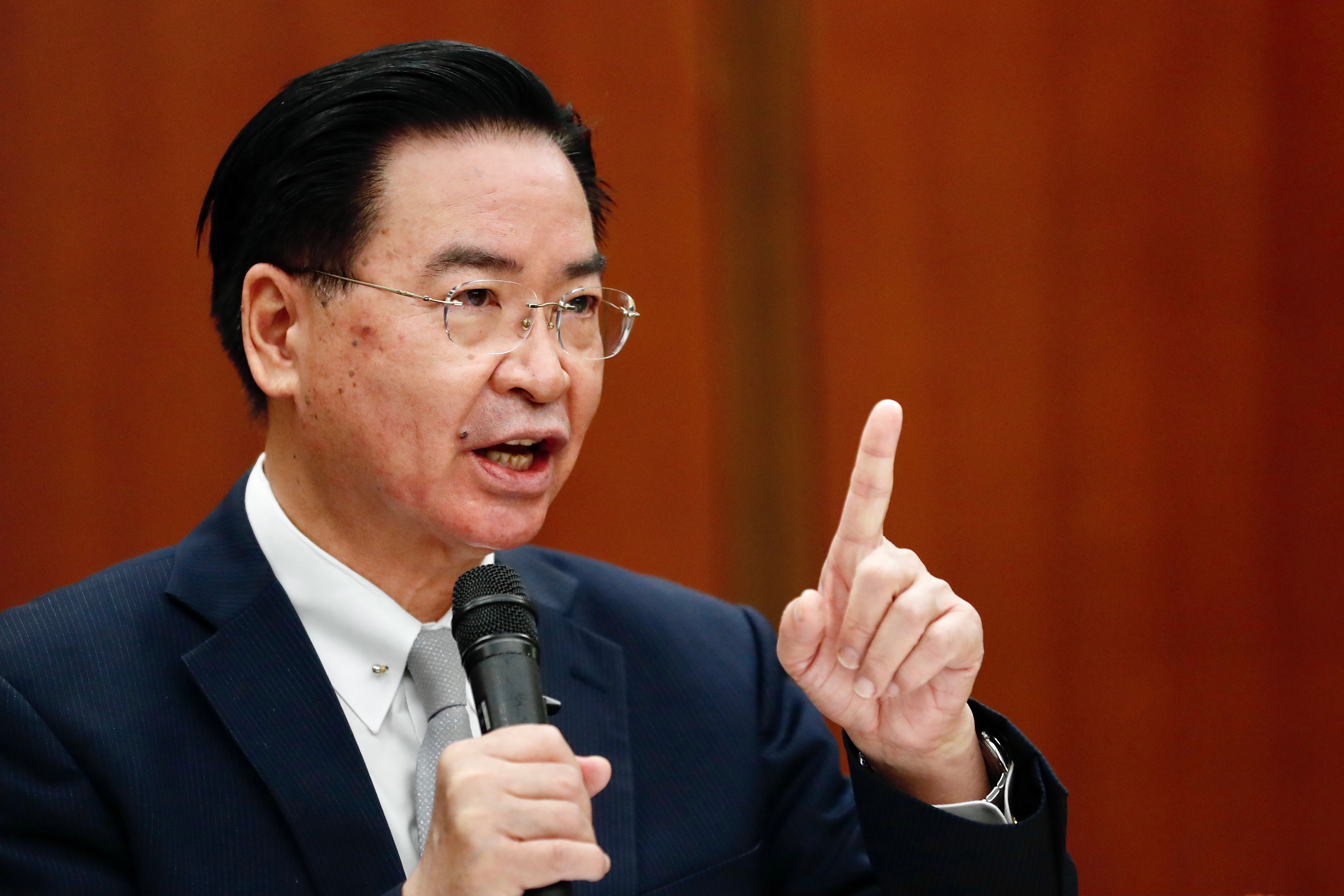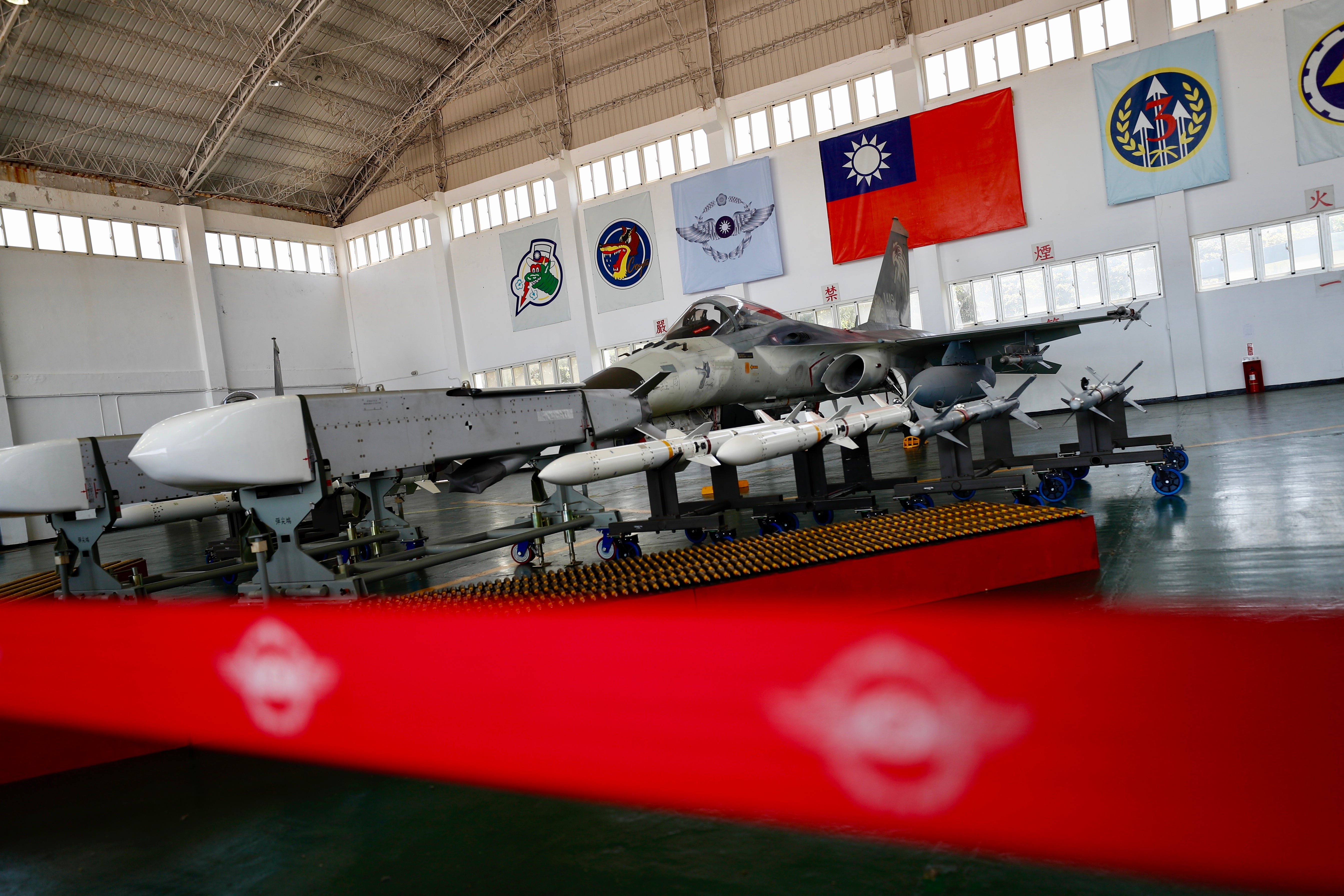Taiwan sees growing global support but walks a tightrope under threat from China
Taipei is building ties with Western allies but experts say its diplomacy risks provoking Beijing amid rising military tensions, writes William Yang


Among the long list of participants that spoke at this week’s virtual Summit for Democracy held by the United States, Taiwan stood out for the controversy its inclusion generated.
Despite strong opposition from China, Taiwan’s digital minister Audrey Tang delivered a speech on Friday in which she highlighted the island’s transition from martial law dictatorship to fully fledged democracy.
“Although Taiwan is a young democracy, it’s standing firm on the front lines of the global struggle with authoritarianism,” Tang told the summit, which was attended by more than 100 world leaders and took place from 9-10 December.
“It also plays a leading role in advancing freedom, democracy, and human rights worldwide.”
While these remarks will have been taken as an affront by Beijing – China claims the democratic self-governing island as its own – Taiwan is becoming more emboldened to espouse such values in light of growing support from other democracies around the world.
Last month, Taiwan opened a de facto embassy in Lithuania, making it the first representative office in Eastern Europe to use the word “Taiwan” rather than “Taipei” as a euphemism.
Lawmakers from the US, the European Parliament and Baltic states including the Czech Republic have visited Taiwan in recent months, while countries such as France and the Netherlands have passed resolutions in favour of building closer ties with Taipei.
In an exclusive interview, Taiwan’s Foreign Minister Joseph Wu tells The Independent that the island is experiencing a groundswell of support from around the world.
“From what I observed, the trend for supporting Taiwan has been on the rise and it’s not just from the United States, but it’s also from other places around the world,” he says.
“I think there is an awakening to the Chinese threat around the world, especially in Europe.”

China’s crackdown on Uyghur Muslims and other ethnic minorities in Xinjiang and the imposition of the security law in Hong Kong have caused growing concern among many democracies worldwide, Wu believes.
Beijing denies all allegations of abuse of Uyghurs, and regarding Hong Kong, says it has brought stability and order to the financial hub.
“Out of the distaste of the ways that the Chinese government handles human rights issues and out of utter disappointment in the Chinese promises, I think they are looking for a more reliable partner,” says Wu, referring to Taiwan.
Some analysts agree with Wu’s logic and say that showing support for Taiwan is not just an endorsement of democratic values but sends a clear message to China.
“For example in the US, you have people who genuinely support Taiwan but you also have people who see Taiwan as a way to push back against China,” says Lev Nachman, a postdoctoral researcher at the Fairbank Center for Chinese Studies at Harvard University.
“I think we are seeing a similar kind of varied level of support from central and eastern European countries,” he adds.
While Taiwan has enjoyed an uptick in support from several countries this year, the island has only 14 official diplomatic allies worldwide – down from 21 in 2016 – and suffered a setback this week when Nicaragua cut ties with Taipei in favour of Beijing.
The faster that Taiwan gets normalised status, the more and faster the pushback from China will come
Zsuzsa Anna Ferenczy, a postdoctoral fellow in Taiwan and a former political adviser in the European Parliament, believes most European nations think Taipei is mainly concerned with the US and that the island should expand its foreign policy approach.
“I think Taiwan needs to do more to shape the perceptions that Europeans have on Taiwan,” she says.
“Now that we have gone beyond the question of ‘what is Taiwan’, I think it’s important for Taiwan to maintain that momentum and inject more presence into the European countries.”
Aside from spats over diplomacy and democracy, China’s military continues to concern Taiwan. Beijing deploys warplanes into Taiwan’s Air Defence Identification Zone (ADIZ) on an almost daily basis.
According to statistics from a database collated by AFP, Chinese warplanes made 159 incursions into Taiwan’s ADIZ in November, the second-highest monthly figure on record as Beijing continues to exert military pressure on the island.
Such action has raised concerns among countries such as Japan and the United States that China may be considering an invasion of Taiwan.
However, Wu says Taipei’s policy is to maintain the status quo in the sensitive Taiwan Strait and avoid provocation. In case of conflict, the island is ready to defend itself, he says.

“Defending Taiwan is our responsibility and we are not asking other countries to sacrifice their sons and daughters to fight in a war when Taiwan is threatened,” he says.
Over the last year, several security alliances led by the United States have emerged in the Indo-Pacific, including Quad and Aukus, which are concerned about China’s growing economic and military prowess.
Wu says he hopes that such international forums will express a clear position on the situation across the Taiwan Strait, as a sign of support for Taipei.
Yet there is something of a tightrope for Taiwan and its allies to walk as they must consider the island’s safety while advancing bilateral ties, in Nachman’s opinion.
“The faster that Taiwan gets normalised status, the more and faster the pushback from China will come,” he says.
“These (countries) need to think pragmatically about using this moment to help Taiwan to its fullest advantage in a way that doesn’t disproportionately create the likelihood of conflict.”
Join our commenting forum
Join thought-provoking conversations, follow other Independent readers and see their replies
Comments


Bookmark popover
Removed from bookmarks